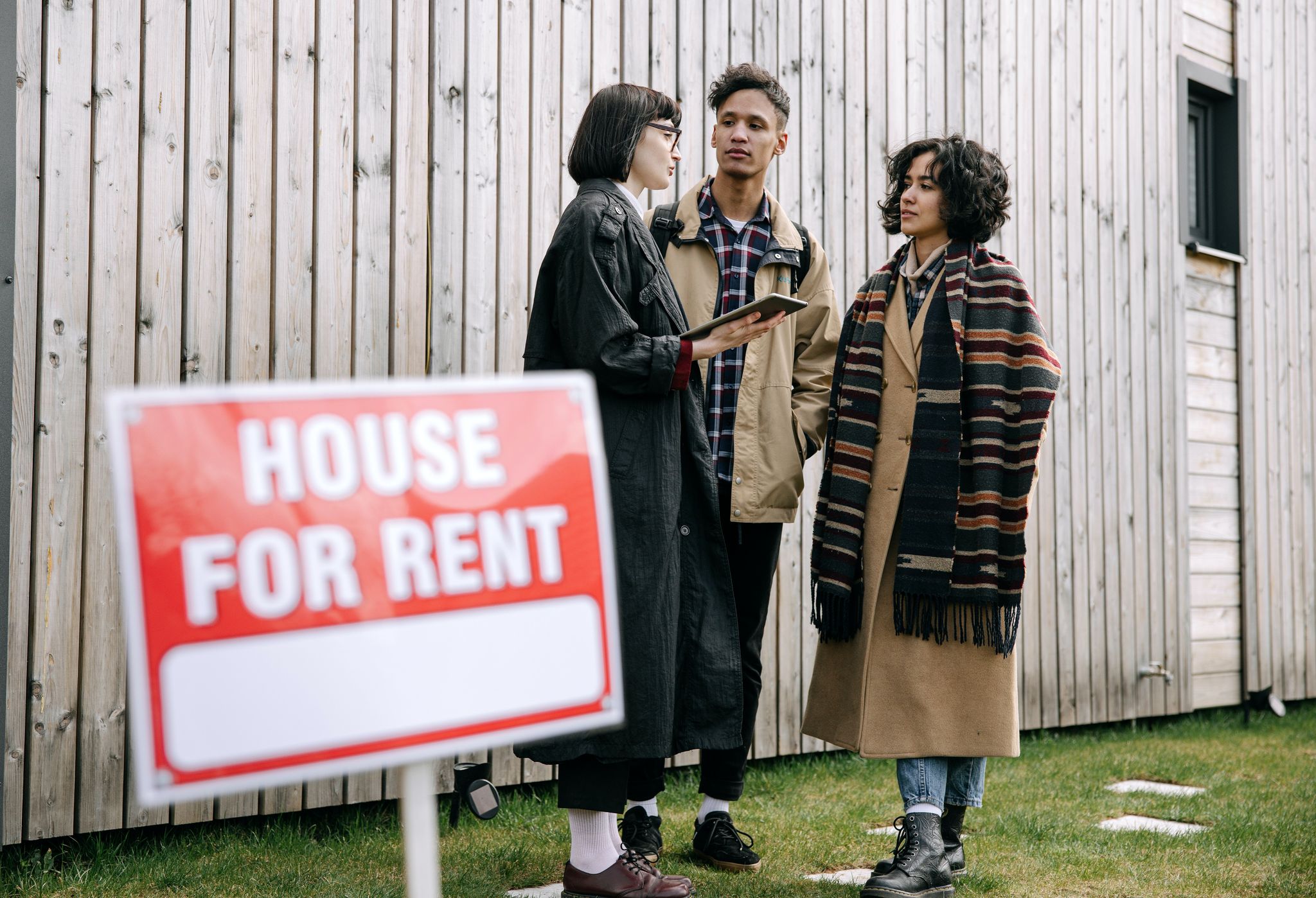Things to Consider When Buying an Investment Property
Many people looking to invest their money will often consider investing in property. Although property investment is considered a good financial decision, it also comes with its own risks, just like any other type of investment. This can sometimes be overwhelming especially if you’re unprepared or a first-time investor.
Financial consideration
The first thing you want to do before you invest any time and money into property is to check your credit report to ensure you have a good credit score and not borrowing too much already. Next you’d want to figure out how much you can afford based on your income and savings.
If you are purchasing a buy-to-let through a mortgage you will normally need to pay a larger deposit. Where on a regular mortgage you could pay anywhere between 5-15%, on a buy-to let, the minimum deposit you’ll need is usually 25%. You may find a lender that accepts a lower deposit amount, however, you interest rate may be higher. That’s why it is recommended to speak with a mortgage broker to firstly find out how much you can afford, how much deposit you’d need and finally what type of mortgages are available to you.
Lastly, you will need to take into account the tax you’ll have to pay whether that’s income tax on the rental income you accumulate, stamp duty, especially if you own more than one property, or capital gains tax if you decide to sell the property later on.
Location, Location, Location
You may be tired of hearing this but location is KEY in property investment. Where you buy will have an impact on the income you can generate based on rental demand of the area and the type of tenant you will attract to the property. Other things to consider based on the type of property you’re looking to purchase is transport links, local amenities, schools and universities nearby, price growth of the area and any future planning restrictions in the area.
Property maintenance and management
As a landlord, you will have certain legal responsibilities and will need to follow regulations in order to comply with health and safety measures. Some of these responsibilities include:
- Ensure all gas and/or electrical appliances are safe and certificates are obtained when required
- Obtain an Energy Performance Certificate (EPC) which must meet the minimum level standard of ‘E’
- Ensure smoke alarms are installed throughout the property
- Conduct a Right to Rent check on all tenants
- Protect the tenant’s deposit through a government-approved scheme such as TDS
In addition to these obligations, you will also be responsible for making repairs where necessary and these must be carried out within a reasonable period of time. The property you rent out will have to be in a good and safe condition and should you fail to comply with any part of these regulations, you could face prosecution or fines.
Return On Investment (ROI)
Another important thing to consider when buying an investment property is its return on investment or ROI. This can be calculated by estimating the annual rental income you’re most likely to achieve based on rental amounts that are currently being achieved in your chosen area and for similar property types. Next you’ll want to calculate your annual operating expenses. This could include things like service charge or ground rent for leasehold properties, and property insurance. You’ll then want to take your annual rental estimate and deduct your annual operating expenses to get your net income. You’ll need to divide this amount by the total value of the property to get your ROI.
For example, if the property you’re looking to purchase is freehold and is worth £100,000 and can achieve a rental income of £600 pcm. Your ROI will be calculated as follows:
- Rent of £600 pcm x 12 = £7,200 per annum
- Property Insurance £50 pcm x 12 = £600 per annum
- £7,200 – £600 = £6,600
- £6,600/£100,000 = 6.6%
Note however, that unexpected costs and vacant periods in-between tenancies can affect your annual returns.
Bottom line
Just like any other type of investment, property investment has its pros and cons. Keep in mind that market trends change and your investment can either be negatively or positively affected. It’s best to always do your own research and speak with your local estate agent, mortgage broker, and financial advisor in order to better understand your financial situation and how much you can afford, and what your potential ROI may be on an investment.
If you need help finding an investment property, get in touch with Lavelle Estates today! Lavelle Estates has estate agents in Liverpool that can assist you in finding the perfect property based on your individual needs and criteria.



